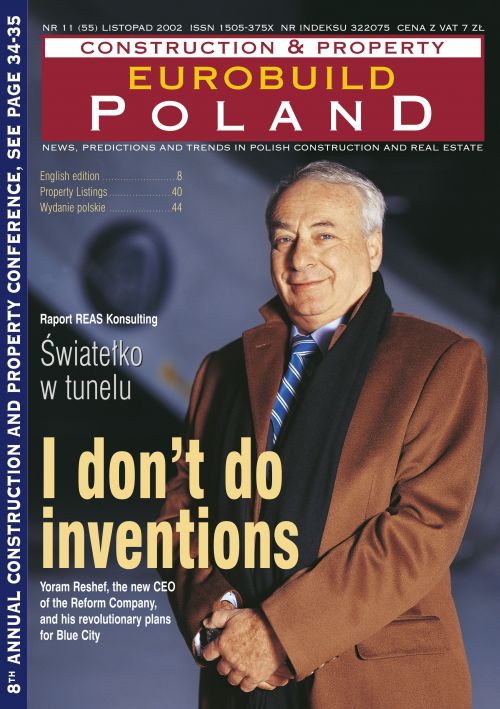'Perpetual usufruct' (użytkowanie wieczyste) is peculiar to
Polish civil law. Introduced during Communist rule, as an ownership substitute
to facilitate construction on state-owned land, it's still alive and kicking.
So what is perpetual usufruct? You could liken it to owning
property on a 99-year leasehold, but it's not quite that simple.
On the one hand perpetual usufruct is similar to ownership, as perpetual
usufructors, like owners, may use land to the exclusion of other persons and may
dispose of their rights. On the other hand, however, perpetual usufructors'
rights to land are limited in time and may have further limitations under
perpetual usufruct agreements. Most importantly, the State Treasury or
local authority remains the landowner.
'Perpetual' in name, but valid for 99 years
Land is delivered for perpetual usufruct for 99 years. In theory, in
exceptional cases, the legislator allows land to be delivered for perpetual
usufruct for a shorter period of tim




























































